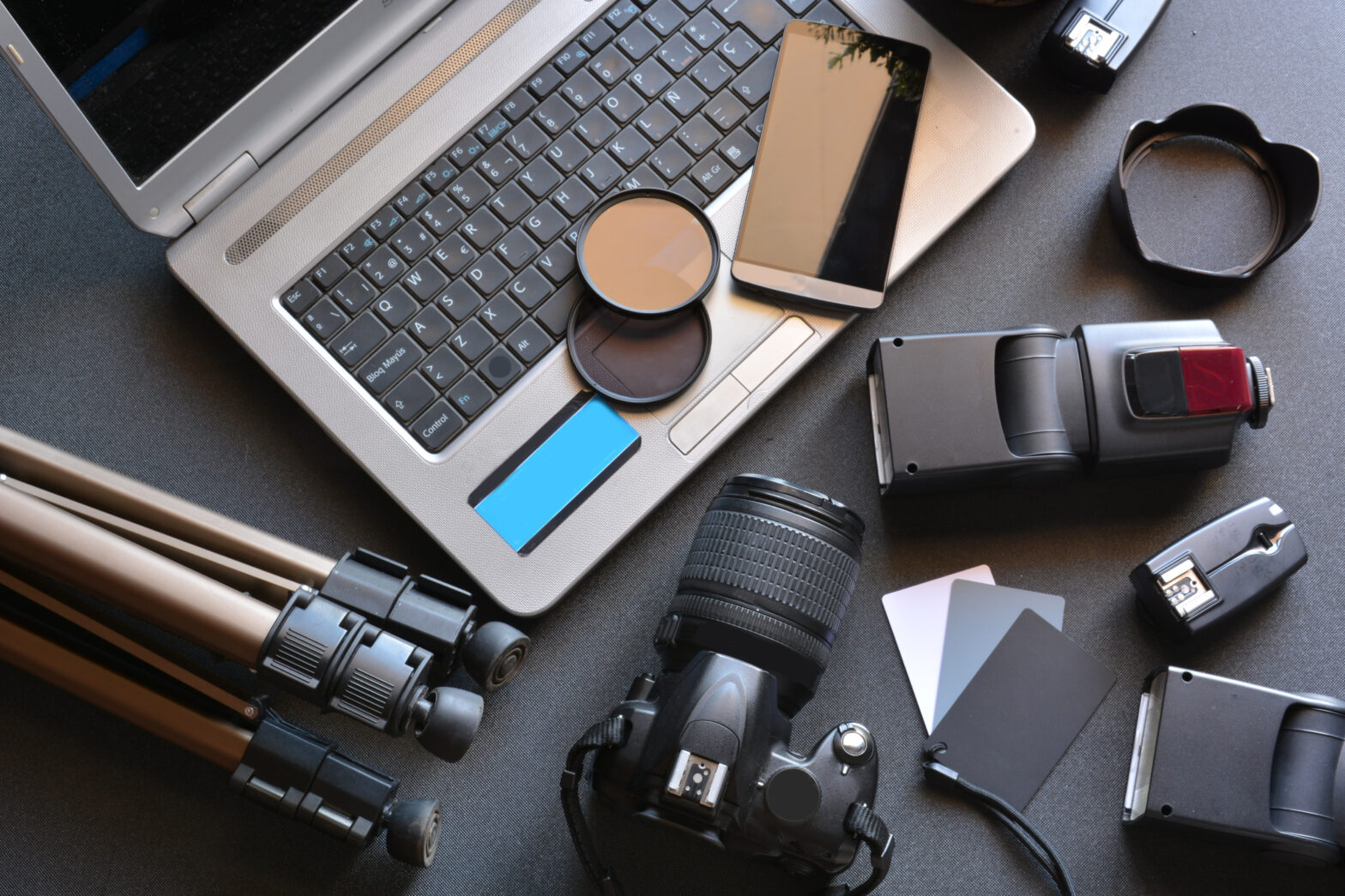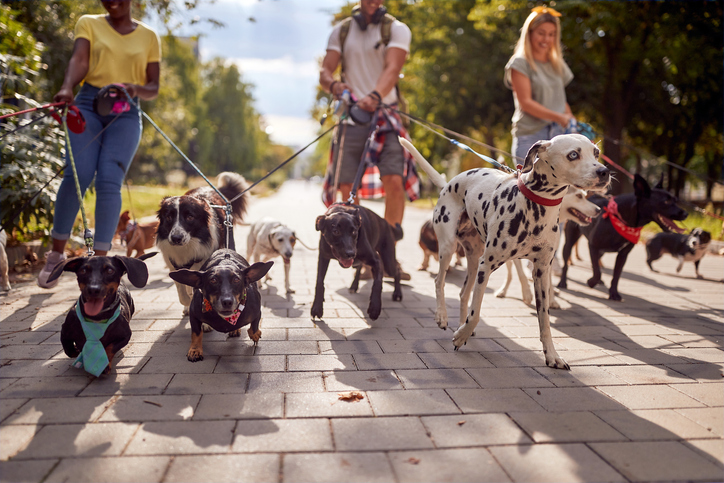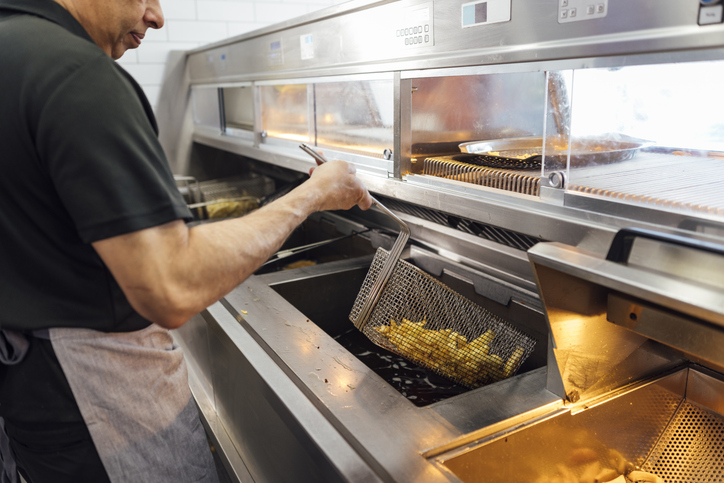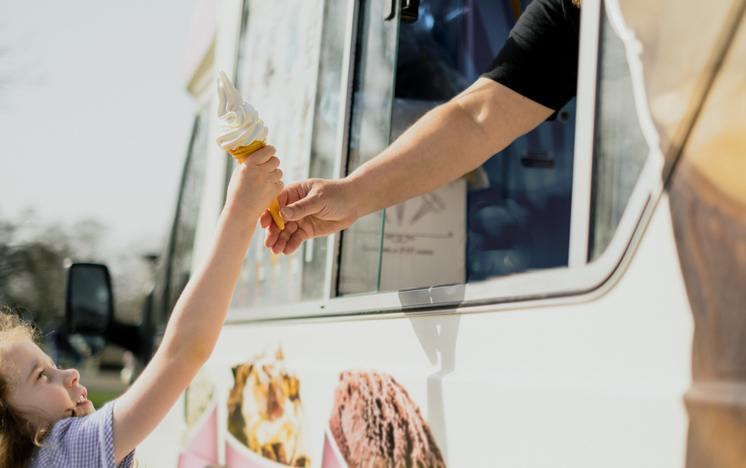Claire Sullivan is a professional photographer, based in Bromley, Kent. Her business, Unique Image Photography, specialises in weddings, portraits, and family photography.
Sullivan became a professional photographer in 1998, immediately following completion of her degree in photography. Since then, she has run three different photography businesses, at different times. The first was with a business partner for 11 years, which ended when the business partner retired and Claire was pregnant with her first child.
The second business she ran for seven years on behalf of the owner who had emigrated to Australia but wanted to keep the business going.
On his return last year, the owner wanted to take control back of the business, so Sullivan decided to set up completely on her own and Unique Image Photography was born in October 2016.
Getting the right insurance
Speaking about her experiences of getting insurance for her business, Claire says, ‘For the first business in 1998, email hadn’t really taken off, so we dealt with our insurance by phone and post. We needed professional indemnity and public liability cover to ensure we were protected for the weddings we photographed. We made a few calls to different insurance companies to find the best deal. I don’t remember it being a difficult process but it was slow; lots of to-ing and fro-ing.
Related: What types of insurance does a photography business need?
‘For the current business, it was much easier. I got an online quote from my previous insurance company and then called them to confirm I would take out the policy. Although I now do portrait photography as well as weddings, I still need the same type of insurance to cover myself, my clients, my equipment and my work. With photography, you need to cover against things like losing images, equipment malfunctioning, memory cards failing, as well as against accidents happening to me or clients on site or in the studio.’
Making a claim
Sullivan says the package she has suits her needs and she is pleased with the amount she pays. ‘I think it is good value for money. I need to list all of my equipment and how much it’s worth.’
In terms of claims, she reports that she made her first claim in 19 years last year. ‘I was shooting a wedding on a Saturday and tripped over a doorstep with my cameras on my shoulders and holding a lens that I was about to change.
‘As I fell to the floor damaging my knee, my cameras both hit the floor and I dropped the lens I was holding. Thankfully I had my backup kit in the car so I could continue.’
She made the claim the following Monday. ‘It was a long process and I was asked all sorts of questions. They sent me a long form to complete and I had to get my equipment repaired at their approved shop. Fortunately, it’s the same shop where I take my equipment to be cleaned and checked anyway.
‘Considering I need my kit to be able to work, I was without it all for around two weeks. I had to hire some kit while my own was being repaired, the cost of which wasn’t covered by the insurance. I will be asking if hire costs can be covered in future policies,’ she adds.
‘Despite that, I was pleased with what they had done. I had to pay my £200 excess but the final repair bill was £1,200, so I’m thankful that I had the insurance and was covered adequately. The fall frightened me and I wondered what could’ve happened if I hadn’t been insured.’
Advice for other business owners
Having adequate insurance is most important for running a business, Sullivan says. ‘If something were to go wrong and you were unable to cover the job you had been paid to do, or had carried out the work but something went wrong, you would have to pay out of your own pocket to rectify it.
‘Consider this against the much smaller cost of insurance and you’ll see it makes sense to pay for insurance. If you can’t afford the one-off cost, most insurance companies have a monthly payment plan. If your own and run a business, I’d recommend you really ought to have adequate insurance in place to cover you and your clients.’





